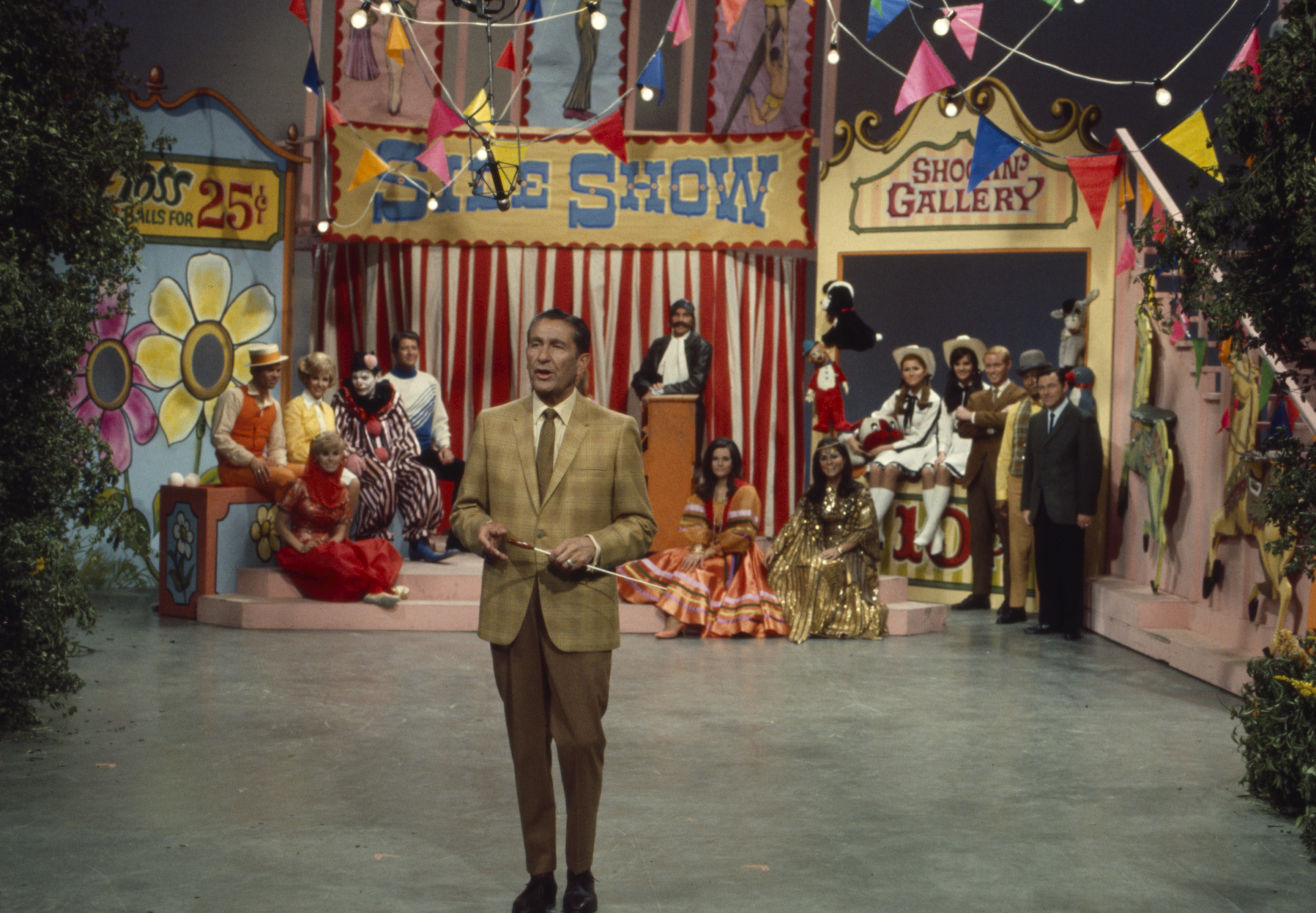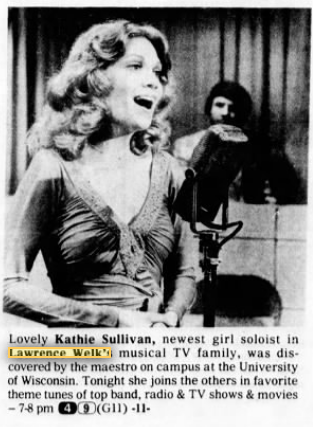

“After that he agreed to pay us solo scale, $210 a week.

“We worked at group scale, which was $110 a week, for 10 years,” Kathy Lennon recalled. Still others left the show over money disputes with Welk, who paid the minimum union scale to his cast. He listened to his audience,” Lennon said. “He came to us with those letters and said, ‘I told you!’ And he told the wardrobe people never to put us in bathing suits again.” “That’s what kept Lawrence Welk on television for so many years. Welk got more letters than you could believe afterwards from people asking him how he could have allowed our legs to be shown on television,” Lennon said. Kathy Lennon recalled the time the sisters insisted on wearing bathing suits-albeit modest, one-piece suits-for a pool scene taped at Welk’s resort near Escondido. The Lennons left Welk in 1968, to the bandleader’s dismay.Īs with Lon, costumes also were a point of contention with the Lennons. He wanted to give people music he thought they could understand, and he didn’t think they could understand Beatles songs or Stevie Wonder songs.” “As we got older-into our teen-age years and then into our 20s-we wanted to do more sophisticated, more popular music,” said Kathy Lennon, who was 12 when she and her sisters joined the show in 1955. The singing Lennon Sisters-Janet, Kathy, Peggy and Dianne-said later that they felt working for Welk put them in a time warp. and that got to be a problem when he started working with a younger generation of people in the music business.”
#Lawrence welk iii code#
“There was a dress code that everyone had to live up to,” said Sam Lutz, Welk’s long-time manager, ". But she left the show in 1959 after a lingering feud over her desire for more variety on her musical menu and-more sensationally at the time-after a dispute over the length of her hemlines, which were rising, along with Welk’s chagrin. Lon was one of the television Champagne Ladies, the showcased singers intended to symbolize the essence of femininity. 1 in the PBS rankings.Īlice Lon and the Lennon Sisters were two examples. Welk to this day can be heard cuing his band with his “uh-one and uh-two” signature countdown on weekly rebroadcasts of his television shows on PBS outlets throughout the country. Welk, whose bubbling music makers were a television staple for 40 years, made his debut in an era when Arthur Godfrey, Groucho Marx, George Burns and Gracie Allen, Kukla, Fran and Ollie and Jackie Gleason’s “Honeymooners” were at the top of the Nielsen ratings. Welk was a reluctant farm boy who left his home near Strasburg, N.D., when he turned 21 for a career as an itinerant accordionist. “He really died peacefully,” with family members at his side, she said. Lawrence Welk, a firm taskmaster and consummate businessman whose “champagne music” was welcomed into the living rooms of Middle America on Saturday nights for an unprecedented 27 years-the longest-running prime-time musical program in television history-has died, it was reported Monday.īernice McGeehan, a spokeswoman for the Welk organization, said he was 89 when he died at his Santa Monica home Sunday night of pneumonia.


 0 kommentar(er)
0 kommentar(er)
